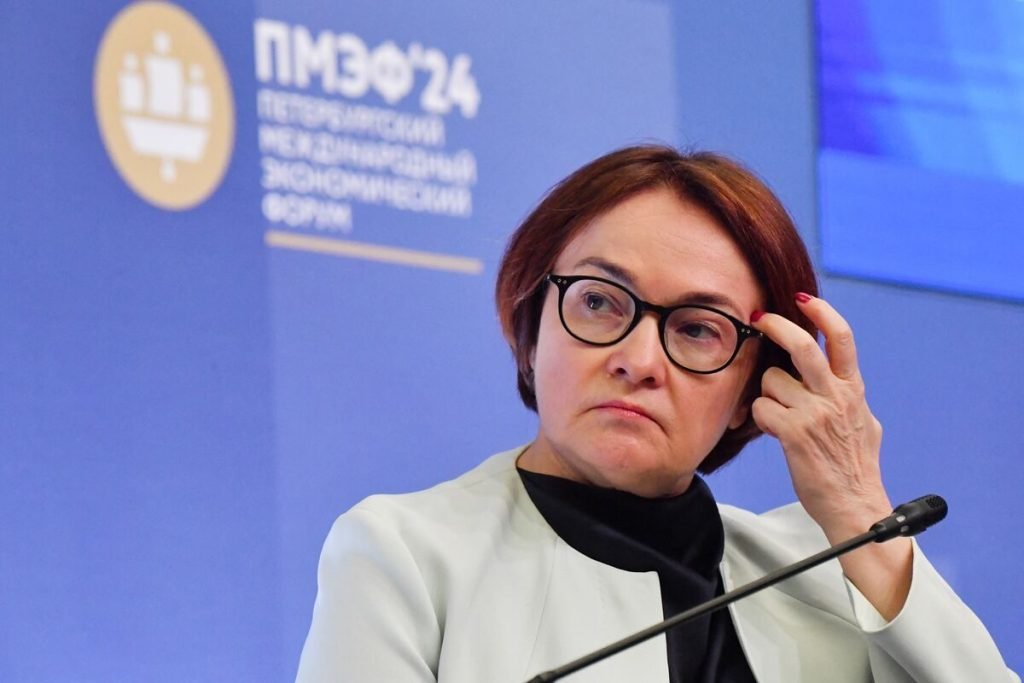Russian lawmaker Igor Antropenko has submitted legislation to recognize crypto as marital property, subject to division during divorce proceedings, thereby addressing the risks to property rights created by the unclear legal status of digital assets.
According to a local report, the draft federal law proposes amendments to Articles 34 and 36 of Russia’s Family Code, stipulating that digital currency acquired during marriage would be considered joint property while crypto obtained before marriage or through gratuitous transactions would remain individual property.
The proposal has been sent to Prime Minister Mikhail Mishustin and Central Bank Chairwoman Elvira Nabiullina for review.
Antropenko, a member of the State Duma Committee on Industry and Trade from United Russia, noted that an increasing number of Russian citizens are using digital currency for investment and savings amid economic digitalization.
The explanatory note argues that the lack of regulation creates “the risk of infringement of the property rights of one of the spouses, which is inconsistent with the provisions of Article 19 of the Constitution of the Russian Federation.”
The proposal comes as Russia recorded $376.3 billion in cryptocurrency transactions between July 2024 and June 2025, overtaking all European markets according to Chainalysis.
South Korea Already Recognizes Crypto in Divorce Proceedings
South Korea established a precedent in October 2024 by enabling married couples to divide cryptocurrency holdings during divorce proceedings.
Legal firm IPG Legal confirmed the nation’s law now recognizes both tangible and intangible assets, including cryptocurrencies, as marital property under Article 839-2 of the Korean Civil Act.
The provision allows either spouse to request division of assets acquired during marriage upon divorce, reinforcing a 2018 Supreme Court ruling that classified virtual assets as property.
Spouses can request fact-finding investigations through courts if they suspect their partners hold undisclosed crypto assets.
Blockchain technology makes cryptocurrency tracking more straightforward than traditional cash assets, as blockchain records provide transparent transaction ledgers that individuals cannot hide or delete.
Couples can choose to liquidate crypto holdings before dividing them or split tokens directly.
At that time, a New York case exemplified these challenges when a woman discovered her husband’s hidden Bitcoin holdings during divorce proceedings.
She employed a forensic accountant who uncovered 12 BTC, worth approximately $500,000, stored in an undisclosed wallet.
Russia’s Crypto Adoption Surge Amid Regulatory Push
Russia’s surge in crypto adoption has been driven by institutional use, the expansion of DeFi, and an increased reliance on stablecoins for cross-border transactions.
Large-scale transfers exceeding $10 million increased by 86% during the measured period, nearly double the 44% growth observed in the rest of Europe.

The ruble-pegged stablecoin A7A5, despite Western sanctions, became the world’s largest non-U.S. dollar stablecoin by market capitalization, reaching $500 million in early October.
DeFi activity in Russia increased eightfold in early 2025 before stabilizing at three and a half times the mid-2023 baseline.
In September, lawmaker Yevgeny Masharov proposed creating a national crypto bank to bring informal crypto transactions into the regulated sector and increase federal revenues.
The country plans to launch its central bank digital currency nationwide on September 1, 2026, following parliamentary approval in July.
However, illegal and quasi-legal crypto mining is costing Russia millions of dollars annually in electricity costs and lost tax revenue.
Experts believe almost 140,000 Bitcoin and altcoin mining farms operate in Russia, with the lion’s share remaining underground to avoid commercial electricity rates that consume up to 80% of profits.
Recent arrests have included an Omsk employee who accepted a $6,270 bribe to allow miners to steal power, and a St. Petersburg operator who has bypassed electricity meters since 2018, resulting in a loss of $6.3 million to the grid.
The post Russia Proposes Making Crypto Part of Divorce Settlements in New Law appeared first on Cryptonews.
Read the full article here






 A
A 




